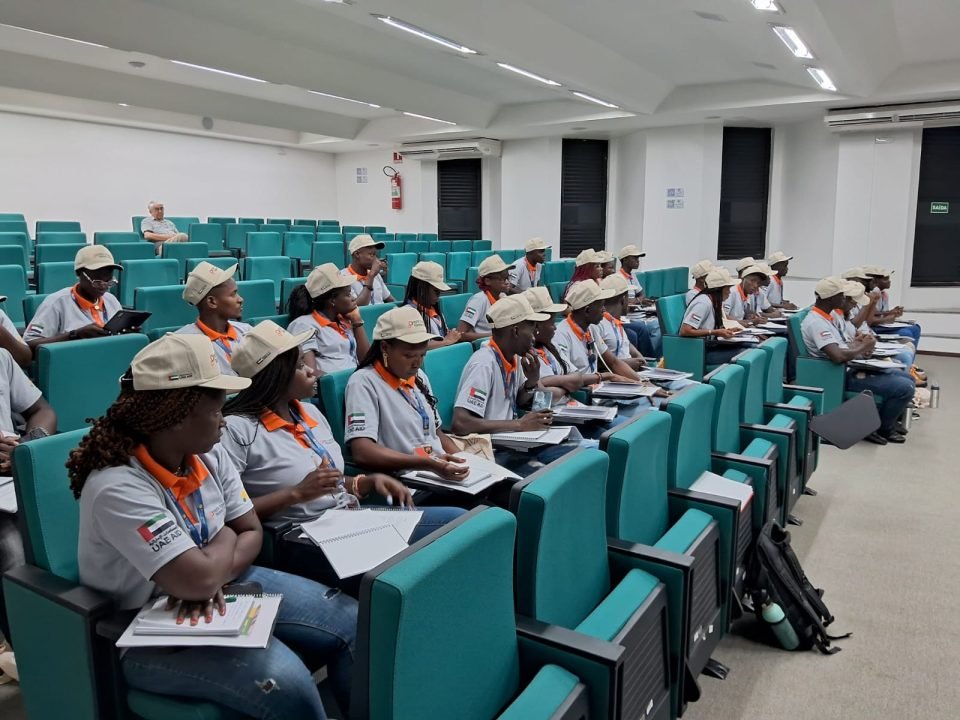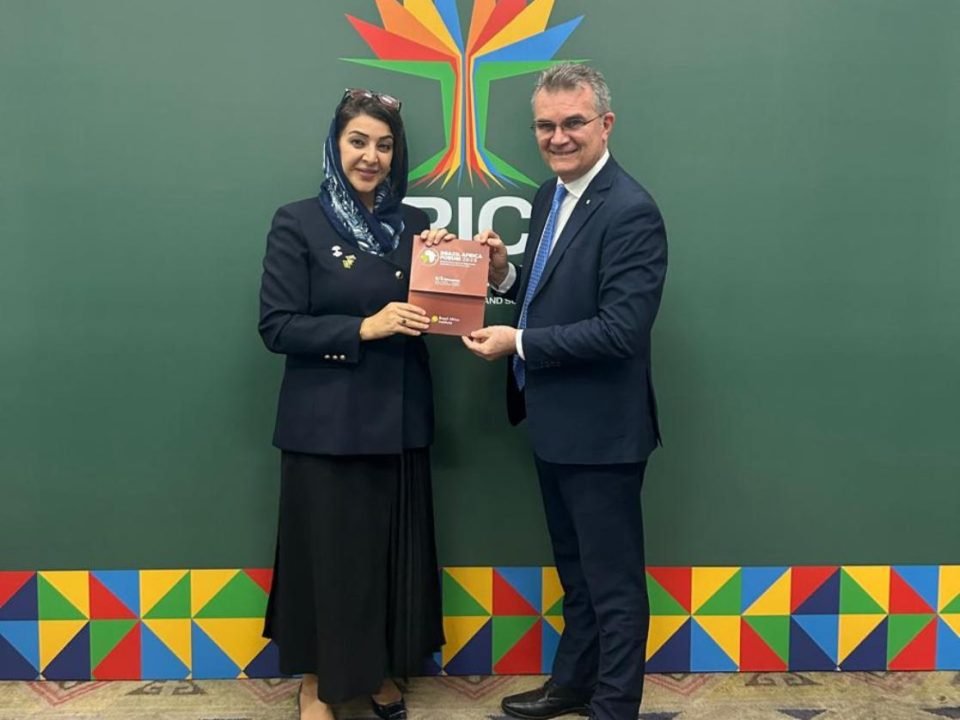Analysis: Brazil on the Leaders Summit on Climate

João Paulo Alves – International Analyst and Projects Coordinator at the Brazil Africa Institute
The Leaders Summit on Climate brought together more than 40 leaders, with the presence of some of the largest economies in the world, to rebuild the global consensus on climate change.
The event was opened by the speeches of the President of the United States, Joe Biden, and of the Secretary-General of the United Nations, António Guterres, both of whom highlighted the struggles to contain the progress of the COVID-19 pandemic as further evidence of the necessity to urgently strengthen the multilateral system to respond to our next big crisis.
Jair Bolsonaro’s speech was one of the most anticipated on the first day of the Summit, as the exit of Donald Trump from the White House makes it much harder for the Brazilian president to find space to reverberate its negationist narrative. Pressure from the international community and civil society in the face of Brazil’s environmental issues has increased significantly, and there is no sign of the firing of Ricardo Salles, Minister of the Environment, from his current position.
Jair Bolsonaro, at least in terms of diplomatic discourse, showed willingness for change: he brushed radicalism aside and signaled a more moderate position, reassuming Brazil’s traditional diplomatic position in this field. The departure of Chancellor Ernesto Araújo already indicated a more appeasing stance, and this reflected in the president’s speech.
Bolsonaro rescued concepts and positions from previous governments:
- He cited the concept of “common but differentiated responsibilities”, a proposal that emerged from the Brazilian diplomacy during Rio-92
- He highlighted that Brazil is at the forefront of sustainable agriculture – which is a fact, the result of EMBRAPA’s efforts in the Low Carbon Agriculture technologies and Crop-Livestock-Forest Integration projects
- He mentioned that the Brazilian energy matrix is one of the cleanest in the world, being nearly 50% renewable in its sources – which is also a fact, with a major use of bioenergy and hydroelectricity.
He also made new commitments, which draw attention:
- He did not signal changes and/or drawbacks in the Nationally Determined Contributions (NDCs) for 2025 and 2030
- He promised climate neutrality by 2050, anticipating the previous commitment by 10 years
- He guaranteed commitment to end illegal deforestation in the Amazon rainforest by 2030
Some aspects were left out, which also show that it was not a structural inflection – with only the minimum necessary to mitigate international isolation:
- He did not mention local, indigenous and quilombola communities, nor the landless populations and social movements
- There was also no mention of South-South Cooperation, an important component in the preservation of tropical forests in Brazil, Central Africa and Indonesia
The change in discourse does not automatically mean a change in practice, and there have been no recent signs, in terms of institutional strengthening, resource mobilization and technical enhancements, for the area of environmental conservation.
The Ministry of the Environment remains weak, as well as IBAMA and the Chico Mendes Institute for Biodiversity Conservation (ICMBio), and this will only be reversed if there is a change in the leadership responsible for environmental policies.
These changes are essential for Brazil to restore its international support and re-engage with international donors, either through the Amazon Fund or through other recently launched initiatives, as part of a new effort by the United States to retake its role as leaders of the global climate agenda.
It will be necessary to show effective commitment and concrete results, by increasing investments in monitoring, inspection and law-enforcement – as promised – and in protecting the Amazonian space, which means sacrificing the ideological denialism that has been preached until now.




